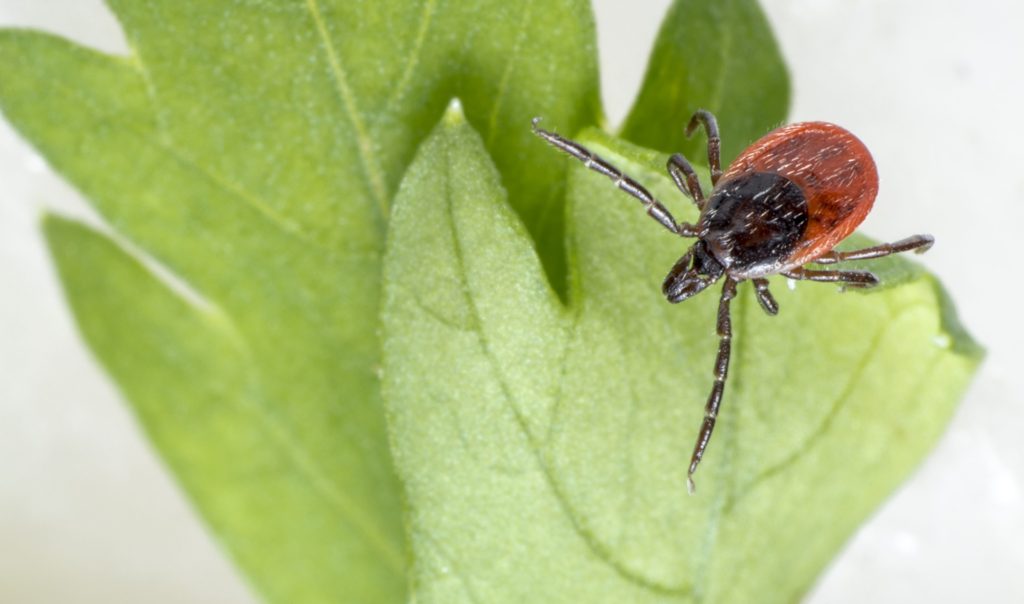New Lyme Disease Treatment? Or another dead end?
A new Lyme Disease treatment brings with it an element of hope. But with Lyme Disease, many times that hope turns to despair, as yet another treatment, often expensive and not covered by insurance, does not help.
Last time I updated here, we were trying disulfiram, an old drug with a new purpose. It has been used for years to help alcoholics get off alcohol. But there is some evidence that it is effective in getting rid of what are known as “persistor cells.” These are bacteria that have become resistant to all known regular antibiotics. Normal treatment knocks them down, but after the treatment stops, they flair up, again. Sound familiar?
We really hoped this would help, but we were skeptical. When I went on it, I couldn’t tell if it was a herx or a flu bug that hit me hard. Without a properly functioning immune system, it’s really difficult to decide. It could be that I just get every “bug” that comes along. But it never has made me feel any better.
But now we are in the middle of the SARS coronavirus 2, aka COVID-19, epidemic. There has been a lot of talk about what it could do to someone with chronic Lyme Disease. Many worry, with good reason, that a person with Lyme Disease might contract the virus and not even know it, because of the many similarities with Lyme Disease.
But there is hope. With the massive amount of research being done to stop the pandemic, new treatments with potential for Lyme Disease have been discovered.
Cytokine Storm
A cytokine storm is where the immune system causes an out of control and excessive release of pro-inflammatory signaling molecules, called cytokines. This causes massive inflammation, including in the blood, which autopsies of victims shows causes a huge number of clots. This, in turn, makes it very difficult for various organs and other parts of the body to get oxygen.
Because of this discovery, doctors have turned back to older drugs to treat inflammation, such as the one used for treating malaria and lupus. There are others. Doctors treating their patients with these anti-inflammatory drugs have discovered that if the drugs are administered at the right time in the progression of coronavirus, outcomes seem to be greatly improved.
What does this have to do with chronic or long term Lyme Disease? There is a theory that some of the persistent pain and other symptoms could be caused by a kind of cytokine storm that continues after the original pathogens are knocked down and at least inactive. That means that supplementing with an anti-inflammatory diet and food supplements might be a very good idea.
This is what I’m trying, now. I have not been on antibiotics for a long time. It has been more than two years. Prior to that, I could not go two months without antibiotics without crashing.
I am not well, and still seem to catch just about everything that comes along. I am considered a high risk for the coronavirus. Yet because of the battle I’m in with Lyme Disease, I am now supplementing my anti-inflammatory diet with more anti-inflammatory supplements.
We don’t know, and really would rather not find out, but just the same, there’s a chance my protocol for this beast we’re all fighting might just get me through the coronavirus if it bites me. Stay tuned…
Sigh.
In the words of Winston Churchill, “Never give up.”
